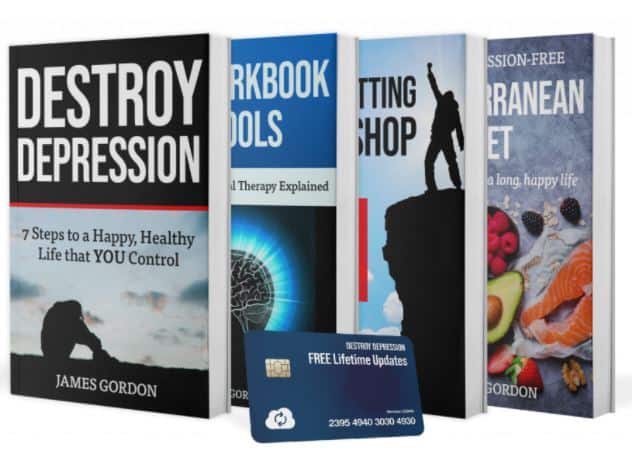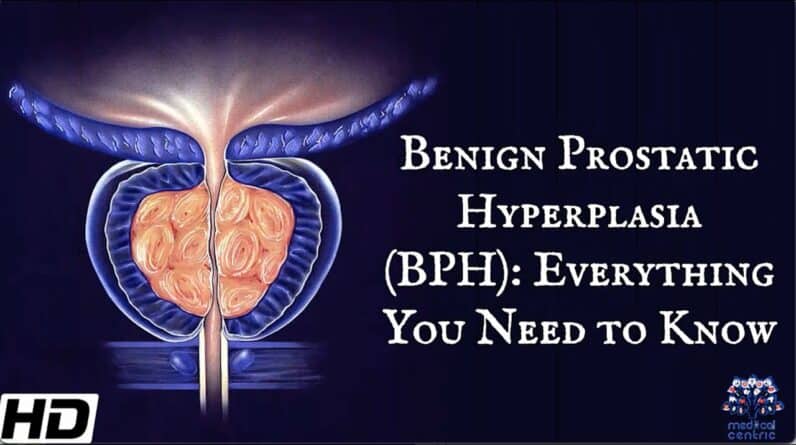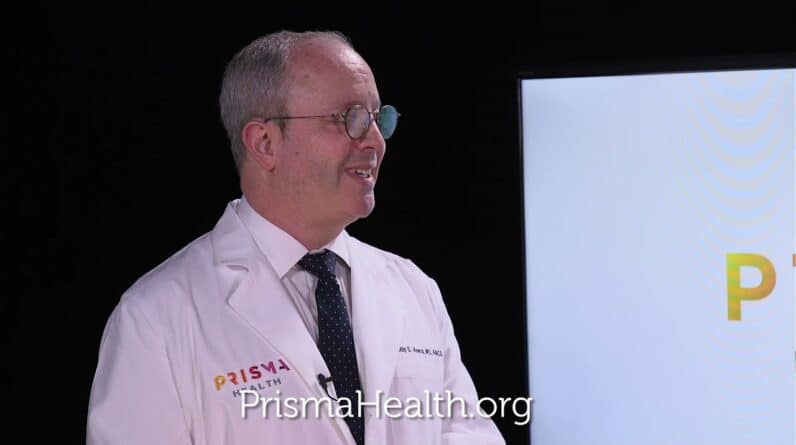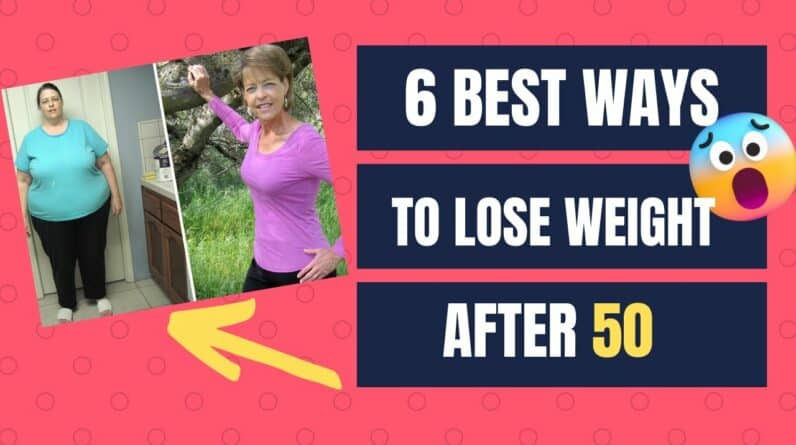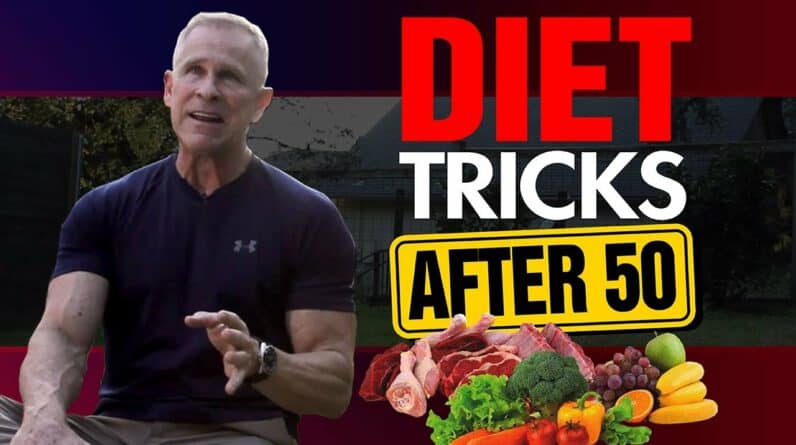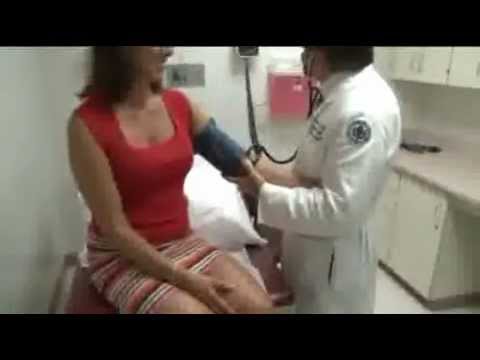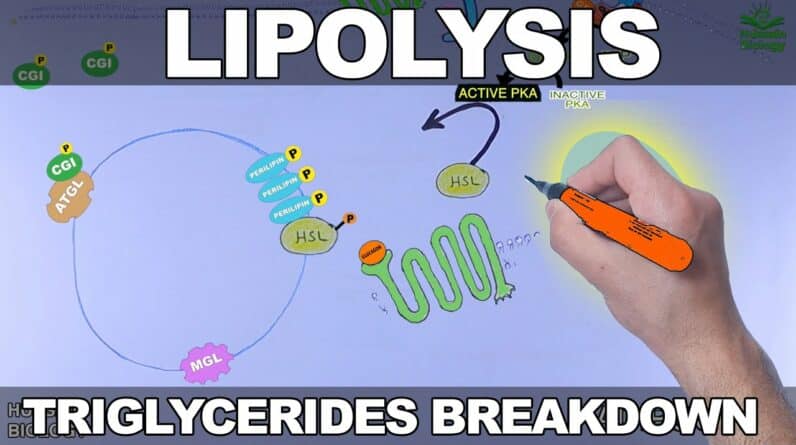
Dementia Discovery That is Leaving Doctors Speechless (Try This Tonight)
Better than Morphine For Joint Pain… Yet Safer Than Aspirin?
Retire With Freedom. Start Earning Extra Cash Today.
Getting Help With Depression – What You Should Know
Getting help for depression is important and goes a long way to improving the quality of life for individuals who need it. There are many reasons why someone may have depression and, in particular, over 50-year-olds are at risk for it. If you’re experiencing depressive feelings, getting some professional help might not only be effective but also relieve the symptoms that are causing you such pain. This article will cover tips on how to get help with depression and why it’s important to do so.
Know the Signs of Depression and Other Mental Health Problems
If you’re unfamiliar with what depression is, you’ll find a basic definition on the National Institute of Mental Health website: Depression is a mental disorder that causes feelings of sadness, emptiness, hopelessness, and low self-esteem. …The symptoms tend to get worse over time until a person is able to function at an adequate level.
Depression may be caused by many factors in both life and illness. It can also occur as a reaction to certain medications or events (natural or otherwise) in life. Some people can experience depression when experiencing grief or stress. The symptoms are different for everyone, but paying attention to how you feel on a regular basis, and knowing who to talk to about your feelings is important. If you or someone you know is having thoughts of suicide there are many resources that can help at the National Suicide Prevention Lifeline: 1-800-273-TALK (8255). They’re available 24 hours a day, 7 days a week, and offer immediate help.
If You’re Over 50 Increase Your Risk for Depression
Whether it’s the changes in life that come with age or mental health issues that have never been addressed before, depression for seniors over age 50 may not be properly diagnosed and/or treated. A study has shown that this age group may be at risk for substance abuse, which is often associated with depression. Those who have never had to deal with depression before are often unprepared for the symptoms it brings and may even find them difficult to deal with. Taking care of yourself physically and mentally is important at any age, but it’s especially so if you’re over 50.
Depression Treatment
If you’re having trouble with depression and need help, there are many resources that can provide assistance. A therapist is a great resource for offering advice on how to handle the symptoms that cause you such pain. They can also recommend affordable and effective treatment including medication if needed.
Where to Get Help With Depression in your Community: There are many resources available that provide free or low-cost counseling for depression. Many offer options that range from one-time counseling sessions to ongoing therapy (an assisted outpatient program).
Some may also offer group sessions in which everyone being treated goes through the same process together. If you or someone you know is having thoughts of suicide there are many resources that can help at the National Suicide Prevention Lifeline: 1-800-273-TALK (8255). They’re available 24 hours a day, 7 days a week, and offer immediate help.
Resources for Helping You and Your Loved Ones: There are also other resources that can provide assistance with depression in your community. Many mental health professionals offer services to their local communities as well as nationwide through professional mental health associations.
One great resource is Association for Behavioral and Cognitive Therapies (ABCT). Their services range from assessments to counseling to group sessions.
Help Getting Started: A series of short videos featuring tips on how to get started with treatment can be found on the website of the National Alliance on Mental Illness. You can find them here: http://nami.org/get-help/self-help-video/depression-overview
For More Information: These are just a few of the basic tips that may help you and your family understand depression and where to get help with depression. If you do decide to take action or need more information about depression there are many resources that can provide assistance.
Disclaimer: The information in this article is intended for educational and entertainment purposes only and should not be used instead of or contrary to that of a medical professional. Before taking supplements, starting a new diet, or embarking on a new exercise regime please consult a medical or nutritional professional. The owners of “Getting Healthy After 50” are not medical professionals and are simply redistributing information that is freely available on the internet.

